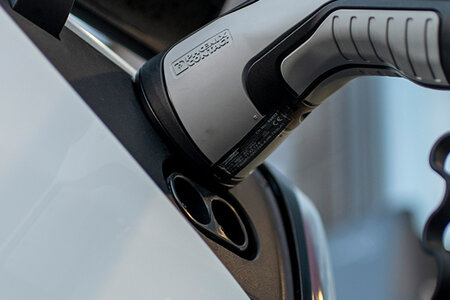It is a truth of working in retail that sometimes customers aren’t happy with their purchase. Choosing and buying a car should be an exciting time, and it’s no fun for either the customer or the dealer if it ends in a complaint.
In order to protect both yourself and your customers, it’s important to have a robust pre-sale process in place. By ensuring you have the best processes and procedures, dealers can help avoid customer complaints from arising in the first place, creating a better experience for both parties. To help businesses ensure they are minimising customer complaints, Close Brothers Motor Finance shares four useful tips:
Capture the true condition of the vehicle and any faults or damage at the point of sale
It is important to make sure any existing damage or cosmetic blemishes on a car are documented before sale. This way, dealers can be sure that they are already aware of any issues, which can be flagged to a customer and prevent blame being attributed to the dealer.
It is also worth inspecting the vehicle with the prospective customer, so that they can confirm that there is no damage, or that they are aware of anything that might affect the car. This helps mitigate the possible situation where a customer returns with a damaged vehicle and lays fault with the dealership.
Keep copies of any vehicle adverts
Keeping copies of adverts allows dealers to prove how the vehicle was presented to prospective buyers. Customers should go through any specific information in the advert with the salesperson, who could ask the customer to sign the advert to ensure that they have seen all the relevant information.
Insurance write-offs, manufacturer faults, and vehicles that have a rental history should be declared to customers prior to the sale, and acceptance of this should be signed by the customer.
Capture what is being supplied to the customer
Including all additional details such as spare keys, service history of the vehicle, additional extras, vehicle modifications, and point of sale mileage helps to ensure customers have all the information they need. Asking the customer to sign to acknowledge that the mileage is correct can protect against any potential grievances in the future.
Keep a record of any job sheets, HPI checks, and health checks
Keep all receipts and evidence if you carry out work on a vehicle, including evidence of health checks and job sheets that show repairs prior to the sale, and also keep a record of the HPI check to prove the history of a vehicle.
If you check for manufacturer faults, keep a record of the checks. By keeping accurate records of the vehicles you’re selling, and making sure customers are fully aware of what they are buying, you’re protecting the customers’ experience and the reputation of your business.
Should a sale unfortunately result in a complaint, liaising with your finance provider can help to ensure both the customer and the dealer have all available support necessary to hopefully result in a suitable resolution.






